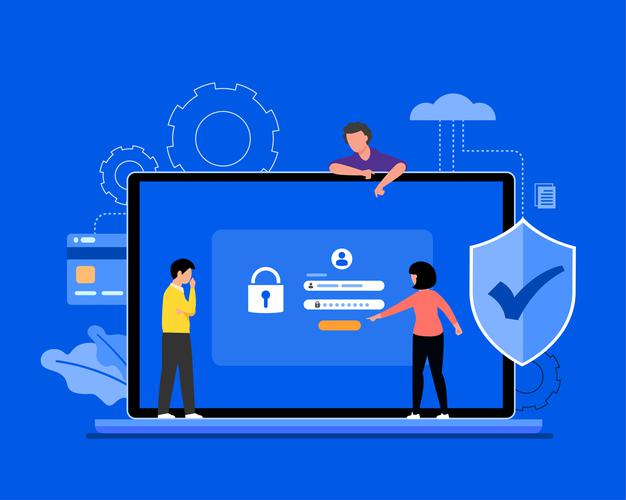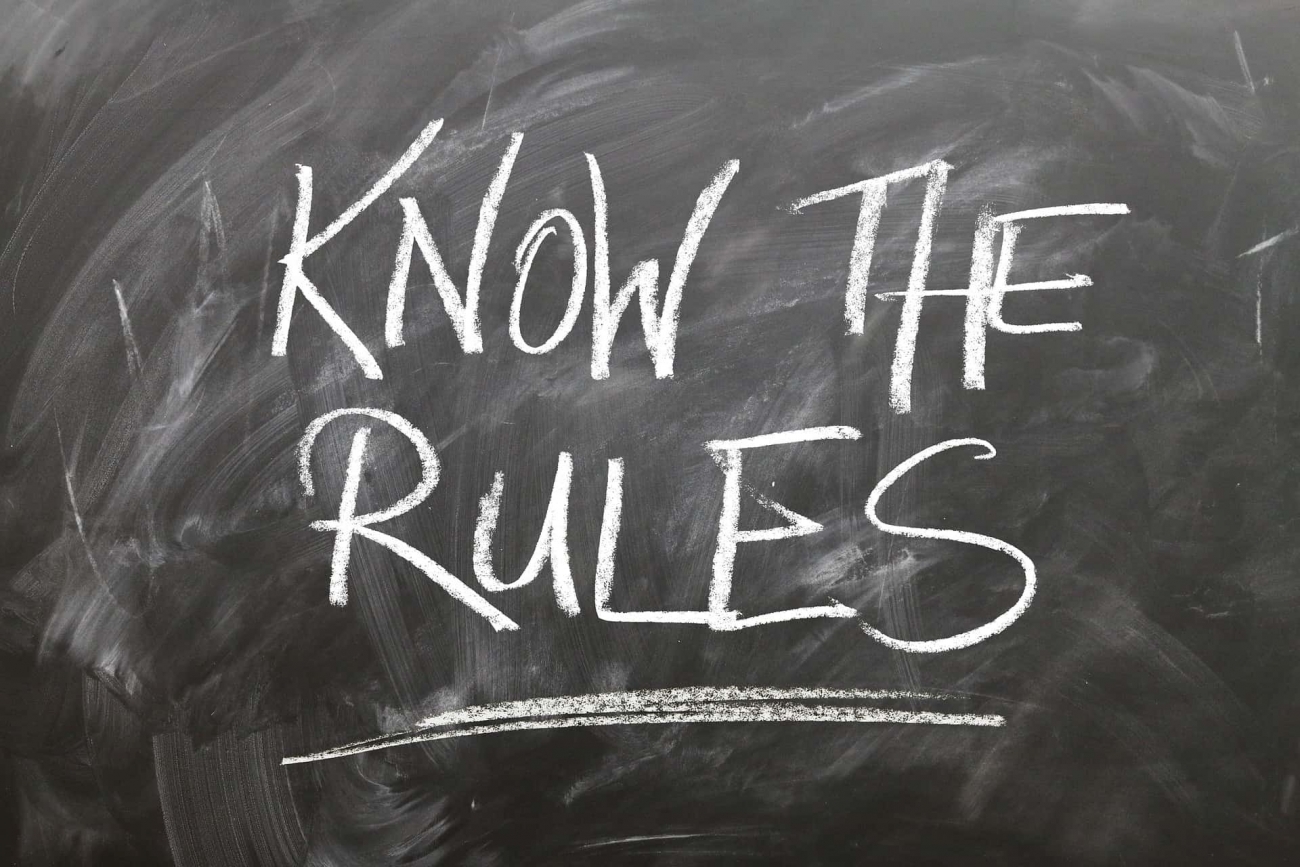Even before recent changes, it has been difficult for Google’s users (and advertisers) to stay up to date on how Google collects and doles out information. Yet despite their assurances about how the data is anonymized and the paramount importance of user privacy, we know their user data must be useful, and there must be a lot of it: many billions of dollars worth each quarter.
In this post, we’ll be exploring a few different questions: what data does Google collect? What do they do with it? What user privacy protections do they use? And lastly, what recent changes have been made?
What Data Does Google Collect?
I’ll lead with the bad news: this is a far more complex question than it might seem at first, and we’re unlikely to get anywhere near to the bottom of it. But we’ll try!
First, it is important to recognize that Google’s different services collect surprisingly different data. This is by design: for example, Google Ads and Analytics determine user location in completely different ways. Google Ads uses precise location data (like latitude/longitude from GPS) because it publishes this data in such a way that it cannot be connected to any individual users. On the other hand, Google Analytics does connect its location data to users, so it can’t use such precise location data, and must seek it from other sources than GPS.
So, what data do we know Google collects—across its different services? They record every YouTube search and video you watch. If you have Google Maps on your phone, it doesn’t even matter if you open the app: they log everywhere you go, what route you take, and how long you stay. Your location is logged each time you search in your browser or check an automatic weather update even if you’ve toggled off “Location History.”
You probably already know this, but they also record all your browsing activity in Chrome and anything you use your Gmail account for, as well as online purchases and preferences.
Of course, nowadays, practically every website you visit is using tracking technology to mine data about your online activity and personalize your experience with them. It’s not necessarily insidious, but it can be unnerving when you’re not sure what they’re actually doing with that user data. Which brings me to my next point…
What Does Google Do with Its User Data?
Until 2018, Google’s Code of Conduct famously included the phrase “Don’t Be Evil.” Their stated goal is to utilize collected data to customize online experiences for users and deliver better services. But what do they actually use it for?
Targeted advertising is a big one. Google users have detailed advertising profiles, including marketing-relevant factors such as one’s gender, age range, hobbies, location, and even the industry in which they work. They know that an 18-24-year-old is far more likely to buy a skateboard than a 45-54-year-old, but the latter might be more interested in a luxury car. Once your profile has been created, the ads served to you by Google will be categorically accurate, if not necessarily personally relevant (like, I know people my age are really into skincare, but I have a moisturizer! I occasionally use sunscreen! Leave me alone!!).
Google also aggregates data to make certain services work better. For example, Google Maps/Waze can tell you when a traffic jam is coming because they’re analyzing the data of all those people stuck ahead of you.
In the same way, aggregate data helps Google predict and analyze trends. In fact, you can access this data yourself at Google Trends, which lists things like the most popular daily search terms and topics in specific countries and across various spans of time.
I could go on (a simple search for “How does Google use my data” is revealing, and a bit overwhelming), but attempting to make a comprehensive list would be futile. Suffice to say that Google uses individual data and aggregate data to more effectively market products, ads, and services to individuals and demographic groups.
What Are Google’s User Privacy Protections?
What I learned researching this question is that Google has multiple esoteric processes for tech-savvy users to review and make small changes to their collected data, and also that these settings don’t mean what they sometimes seem. As mentioned above, turning off “Location History” sounds as though it would prevent Google from keeping a history of your recorded locations, but that’s not the case.
I turned off Location History and deleted all its recorded data years ago, and when I go to manage my activity in Google, I see no recent data has been collected here. However, I’ve kept receiving location-targeted ads, because the Location History setting doesn’t change the fact that I’m included when local advertisers target my geographic region. What gives?
In short, you can alter how flagrantly Google keeps tabs on your every move, but you can’t entirely opt out. Like Facebook, Google creates an advertising profile and collects data even for users who don’t have an account with them.
So what user privacy protections does Google offer? Surprisingly, many: on a policy scale, they oppose general purpose facial recognition and, ostensibly and in rather nitpicky language, the use of their AI technologies for surveillance.
They give users auto-delete controls, allowing you the choice to have Google automatically delete things like Location History, search engine activity, and voice data after a set period. They offer Password Checkup, which is tremendously useful if you’re one of the many people who keep your dozens or hundreds of logins saved solely under your Google Account: it automatically and regularly checks if the security of your passwords have been compromised.
What New Features Are Google Introducing?
Google’s Consent Mode, which adjusts how tags operate based on user consent choices for cookies, is being integrated into the Google Tag Manager account so that you can customize tag behavior there. According to Google, this will be especially useful for advertisers in Europe, where the GDPR set complicated new standards for data processing and privacy.
Google’s “enhanced conversions” allow tags to use consented first-party data, giving you a better picture of how users engage with your ads and subsequently convert. The first-party data is hashed (basically, put through a formula to obfuscate it) to protect user privacy: what you’ll receive is aggregated and anonymized.
Finally, Google has been using machine learning to recognize trends and changes and notify advertisers about marketing insights such as the likelihood a customer will convert. They plan to extend their machine learning models to behavioral reporting, filling gaps caused by missing cookie data.
That’s all for now, but stay tuned for an upcoming article where we go over some of the news from Google’s 2021 Marketing Livestream and shed some more light on their new and upcoming offerings!





